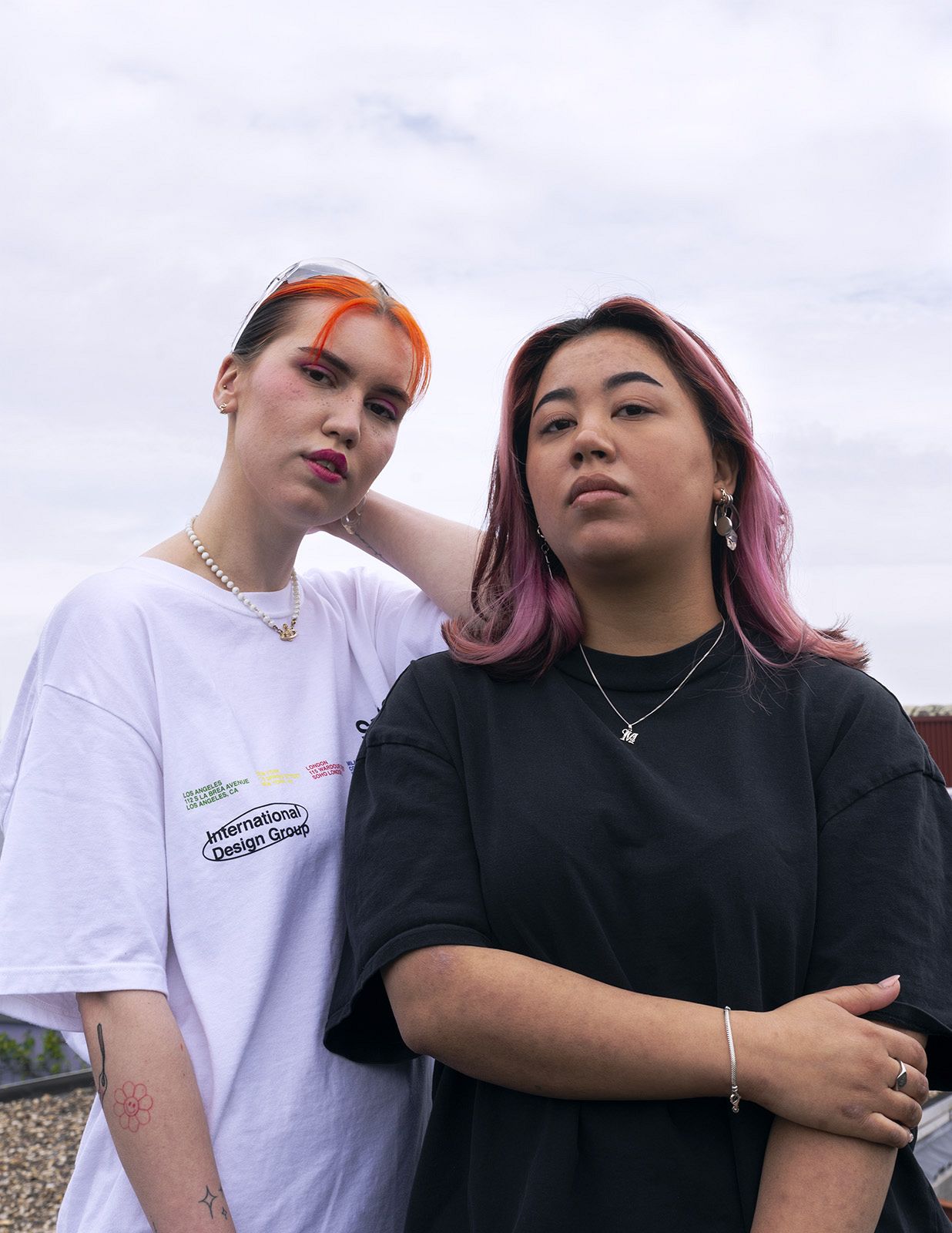
Sophia Maria Favela (1997) is a socially engaged photographer, focused on topics such as identity, culture, and women. Her photographs capture her search for the relationship between personal, intimate stories and current social issues. The vulnerable images with a rough edge are characterized by a duality that is present within the artist as well, due to her cultural background. Through her work, Favela creates space for her activistic beliefs and visual expression to co-exist, challenging the viewer to question themselves, their surroundings and privileges.
Graduation Project
I was brought up in a world where women are silenced. We were taught to be quiet, to shrink ourselves, make ourselves smaller. The violence of the system we live in has overpowered us and we let it happen — until we didn’t.
We are here, standing tall on the shoulders of our ancestor angels. They have whispered in our ears "take up the space that is rightfully yours". The whispers became louder, inspiring our voices to grow stronger. The whispers continue this beautiful train reaction; giving courage to others to speak up.
The strength of a woman is limitless. Our vulnerability is our power, our rage is our source and our words turn into healing, solidarities and communities.
We are a chorus of voices that will not be silenced.
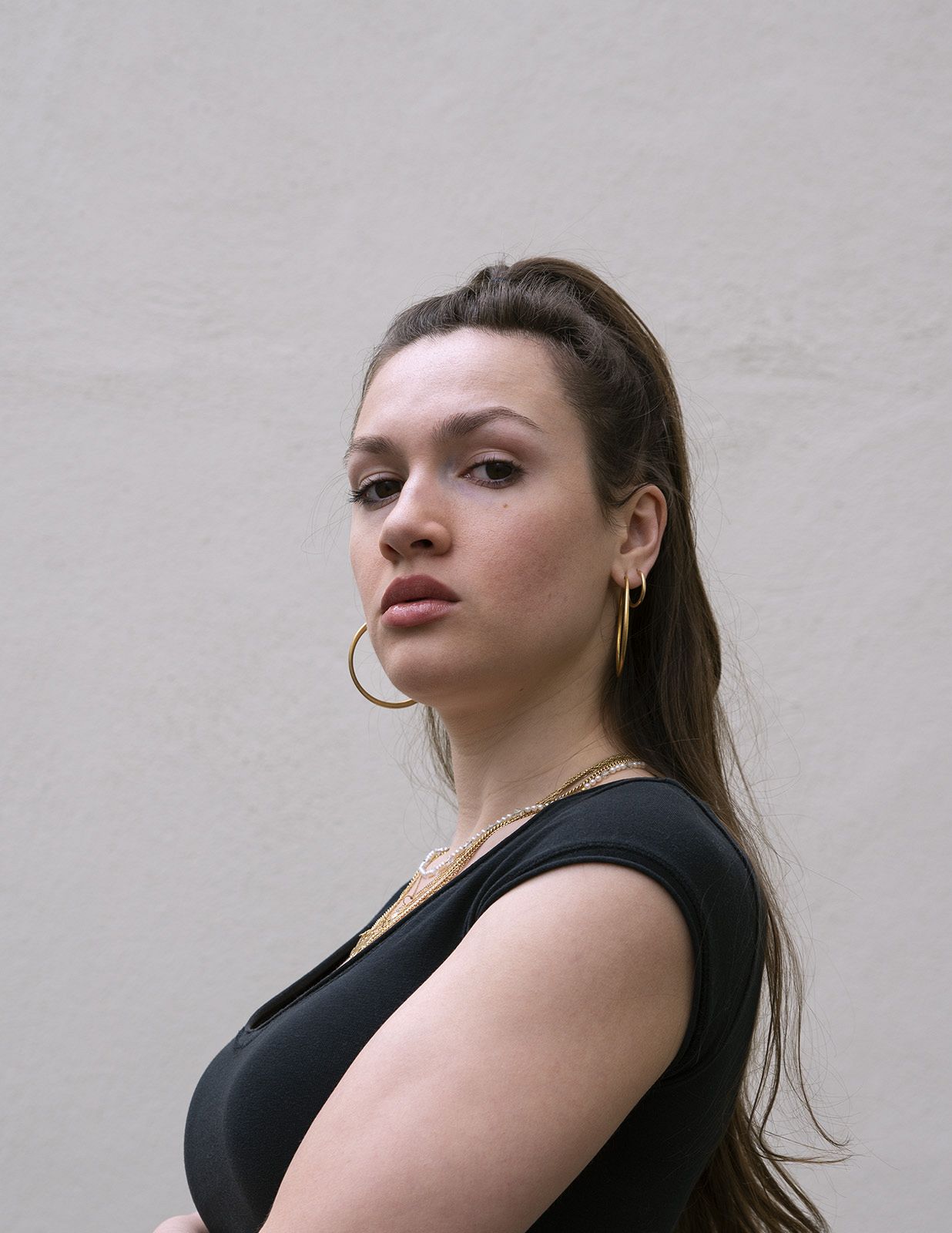
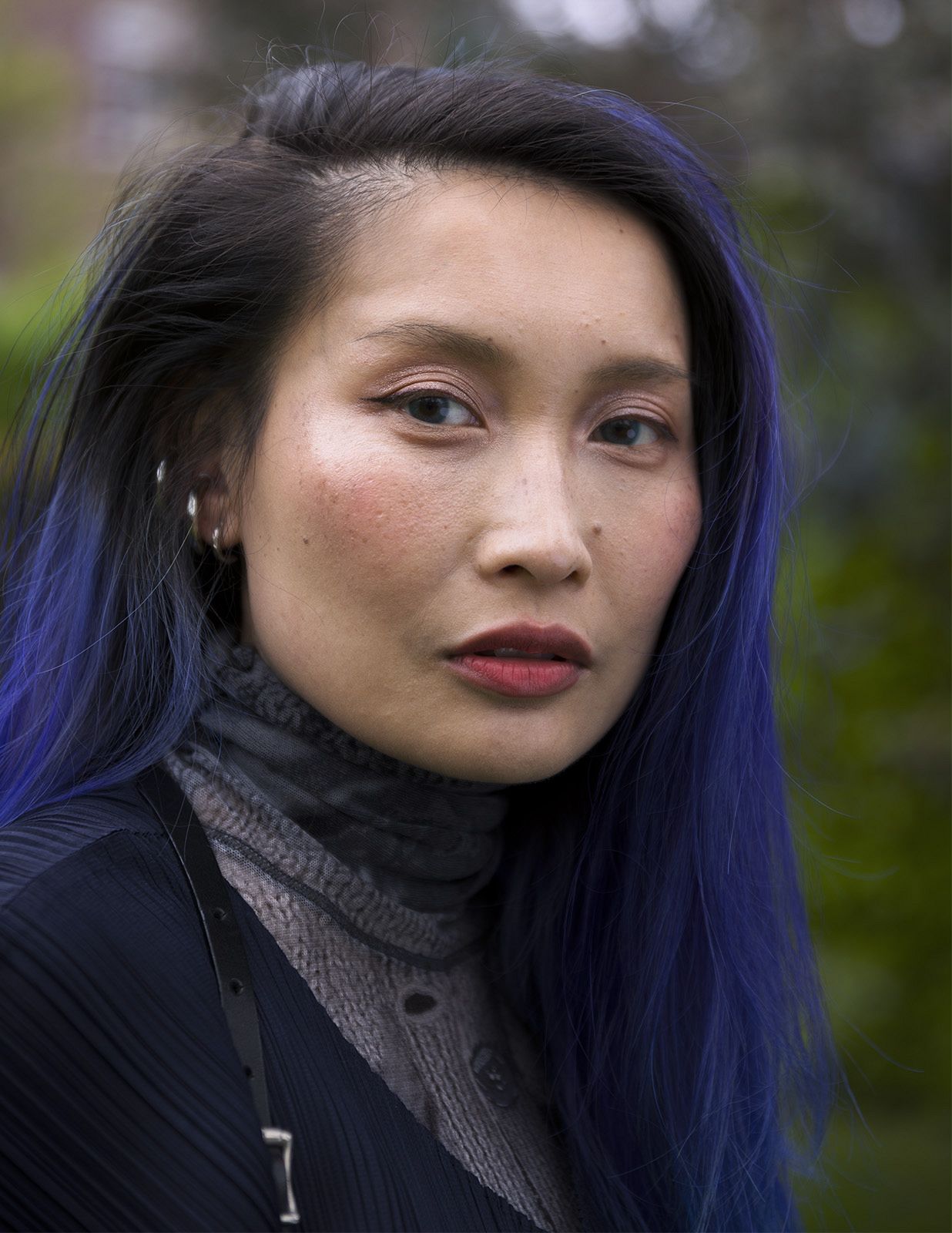

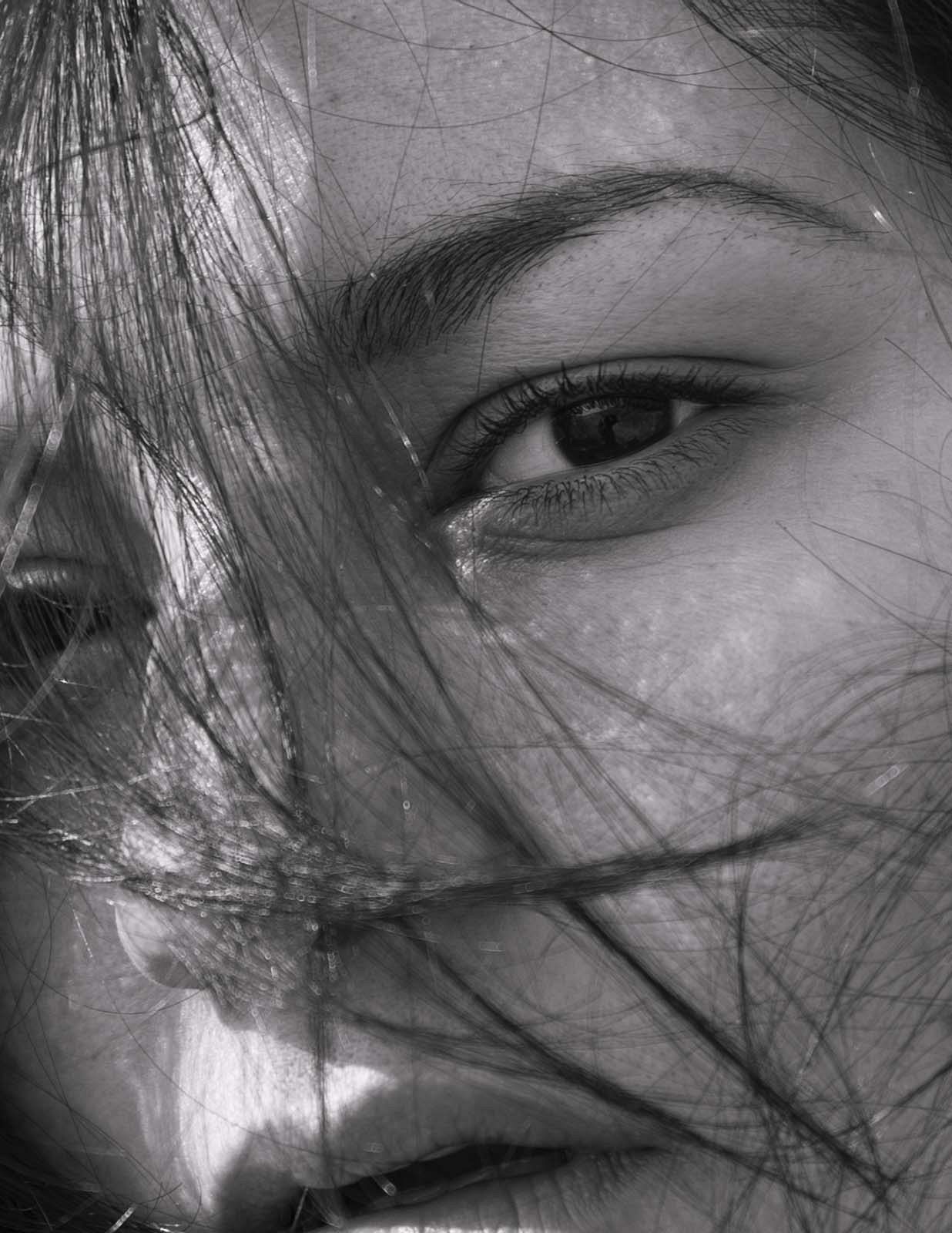
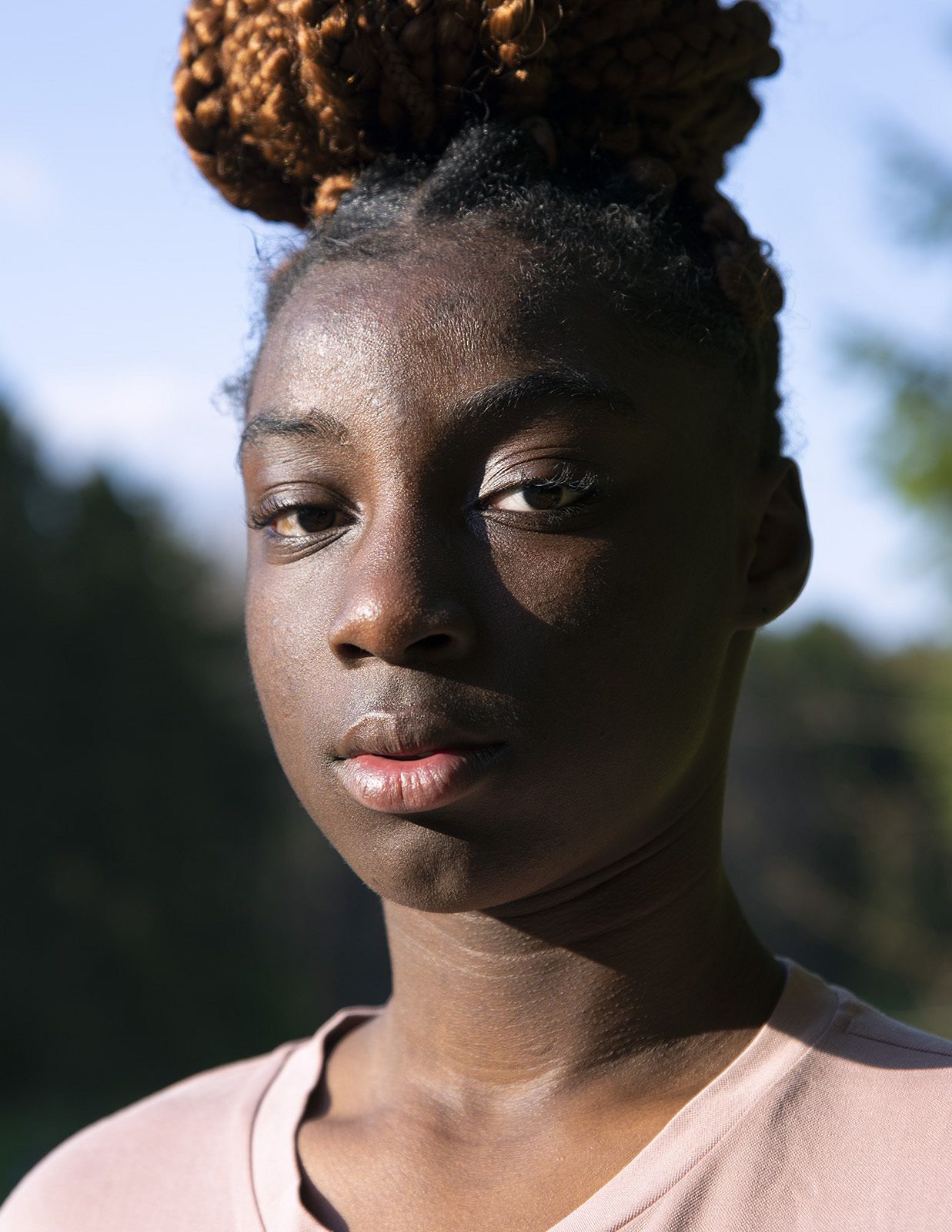
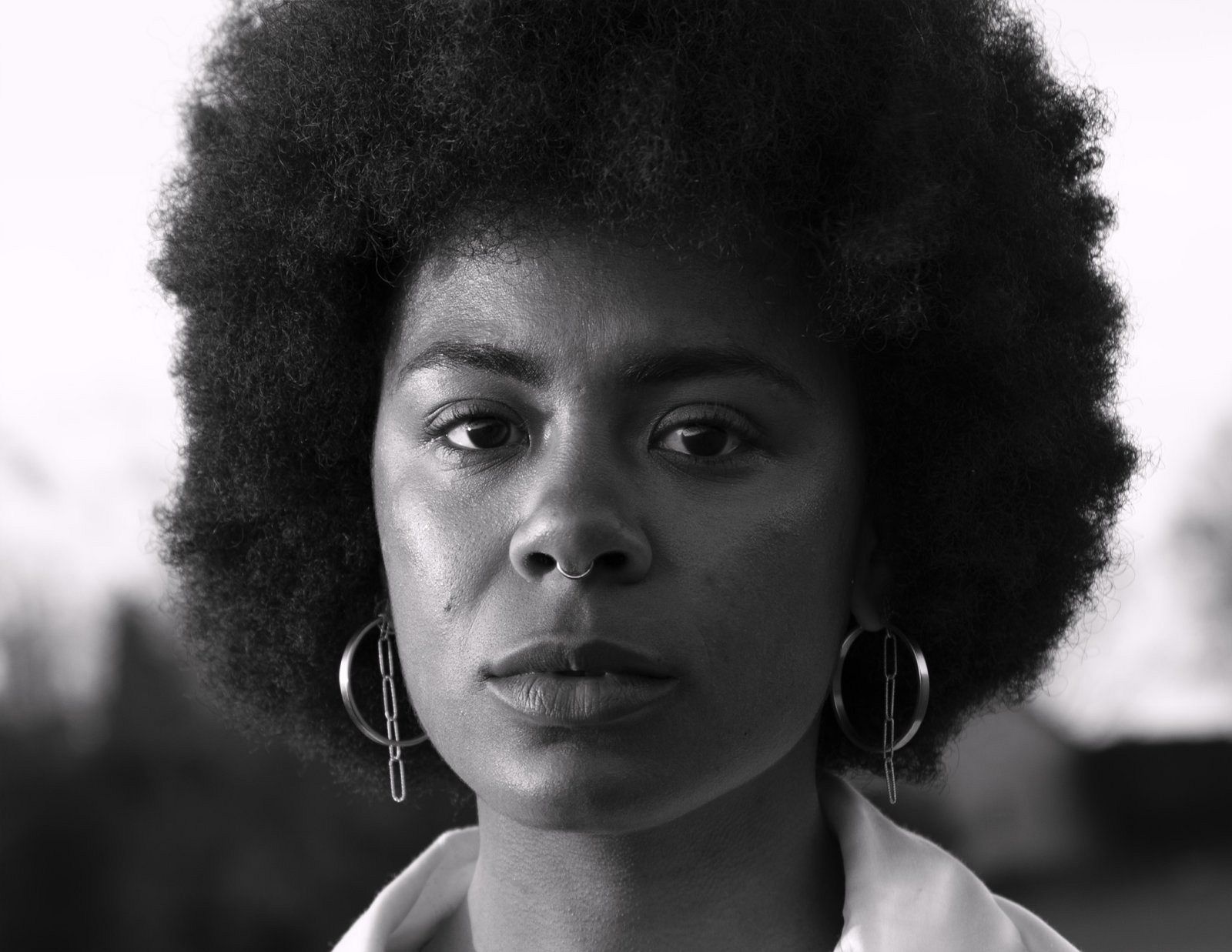
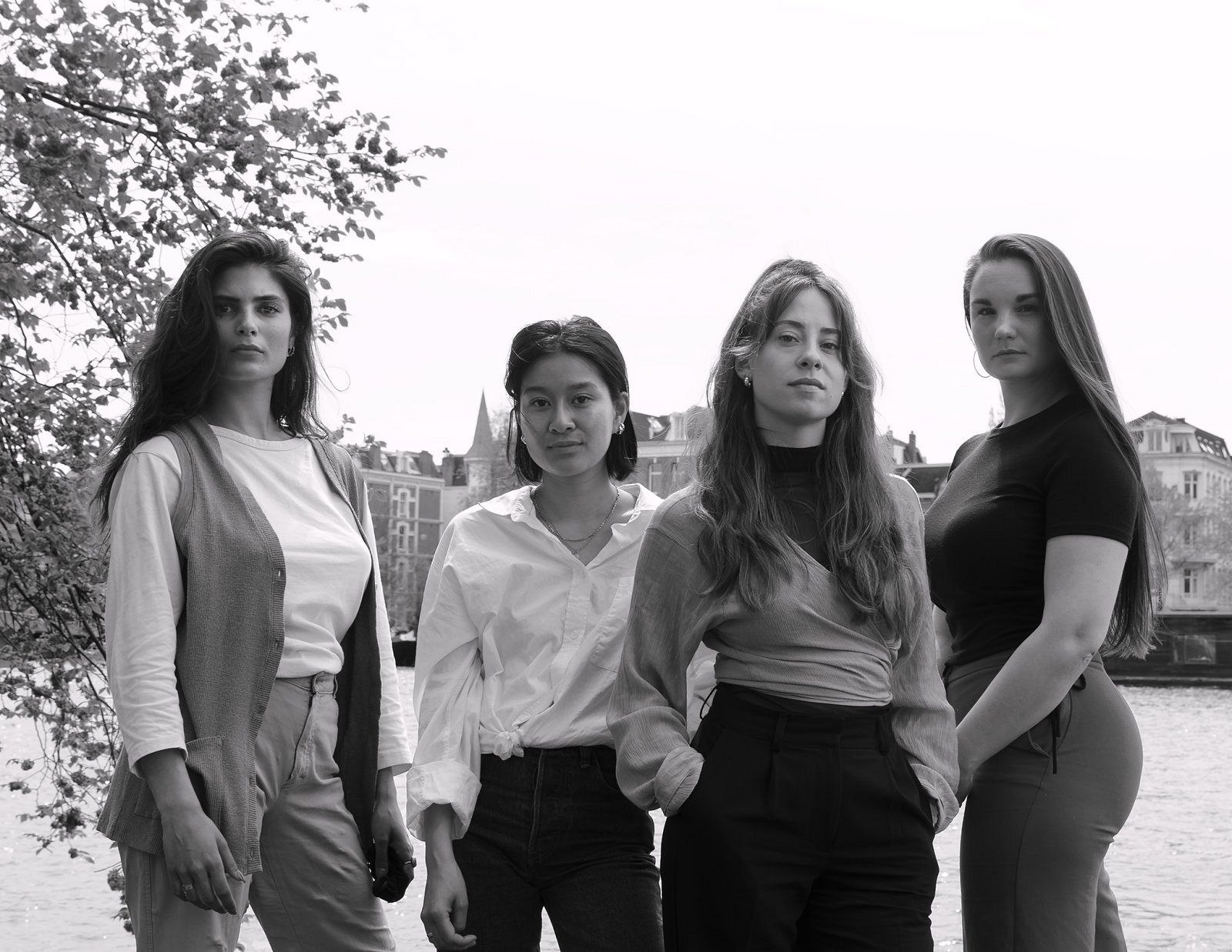
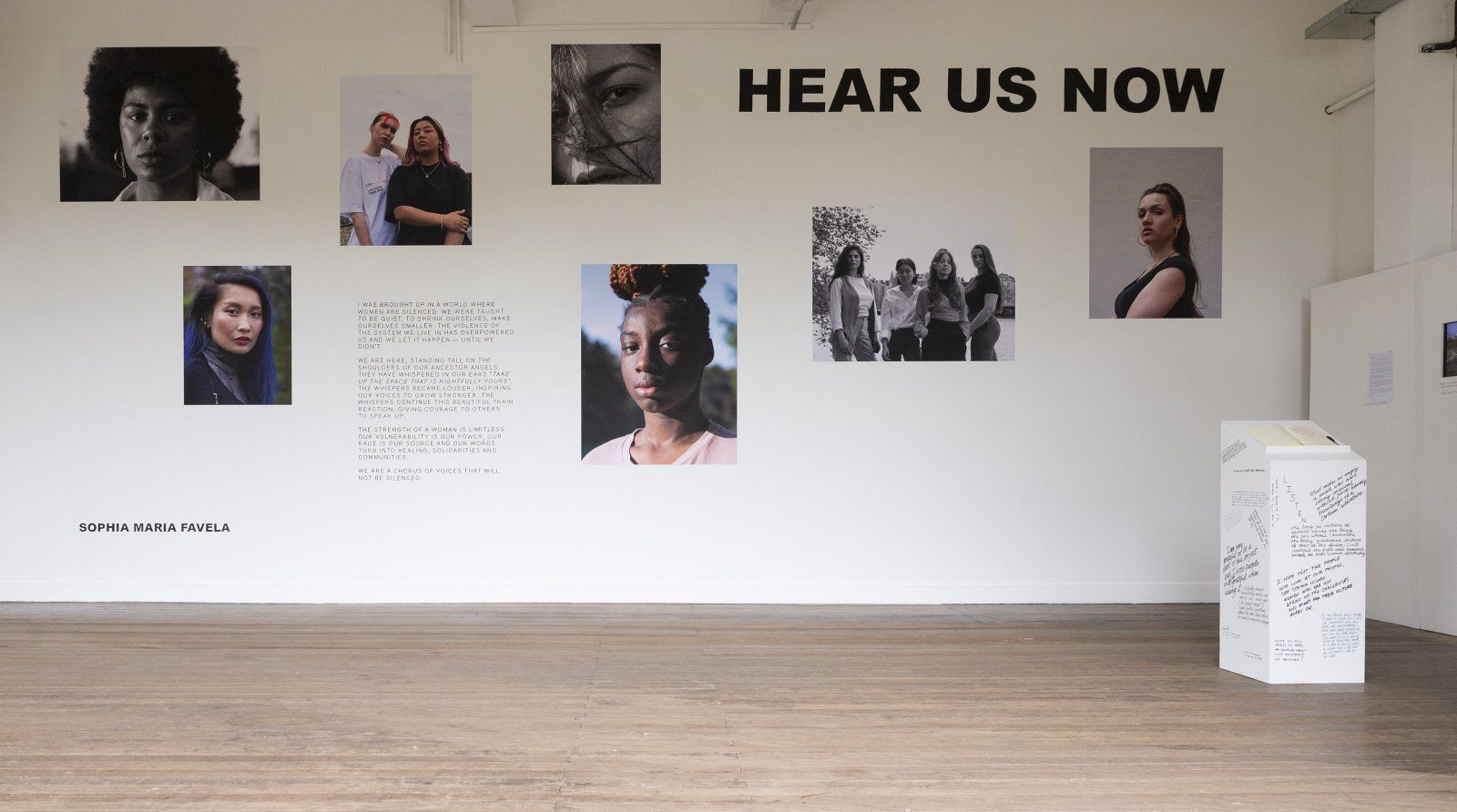
HIS GAZE DOES NOT DEFINE ME; ON SEXUAL LIBERATION AS A WOMEN
Thesis
A heterosexual woman can go through life without questioning her sexuality, yet once she wakes up and becomes aware of the patriarchal influence on every aspect of her life, it feels too problematic to ignore.
By looking at visual culture in western society, we can see how female sexuality is defined through how it is depicted. Industries such as film, advertisement and photography are (and always have been) male dominated, more accurately by white, heterosexual, able-bodied, cisgender men. When we look at things, mostly created by men, we learn to see things through the eyes of men, and start viewing or depicting the world from the perspective of men; “the male gaze.” The sexual politics of the gaze suggest a sexualized way of looking that empowers men and objectifies women. Women are visually positioned as an “object” of heterosexual male desire thus her feelings, thoughts and her own sexual drives are less important and separated to be able to see her as an object. Due to the result of a lifetime of seeing women sexualized in visual culture we are made very comfortable with assuming the male gaze. Because of this, it has formed a way into our private spaces as well, perpetuating women’s real-life sexual objectification by others and themselves.
Shifting the idea from sexuality being a performance to it being an experience that is ours, as well as knowing our worth, will allow for women to recognize their sexual power and take back control. Women can reject being sexualized while being sexual without shame. It will liberate women and give us the strength to demand — both of which are crucial to happy and healthy experiences.
Let us work together, create together and stand together. When we talk about our experiences, we can identify patterns of oppression and figure out ways to overturn them. In order to empower ourselves and each other, women need to unite. And when we put the anger and pain towards art and creations that offer our perspectives to the world, we can be part of the process of shifting the narrative.